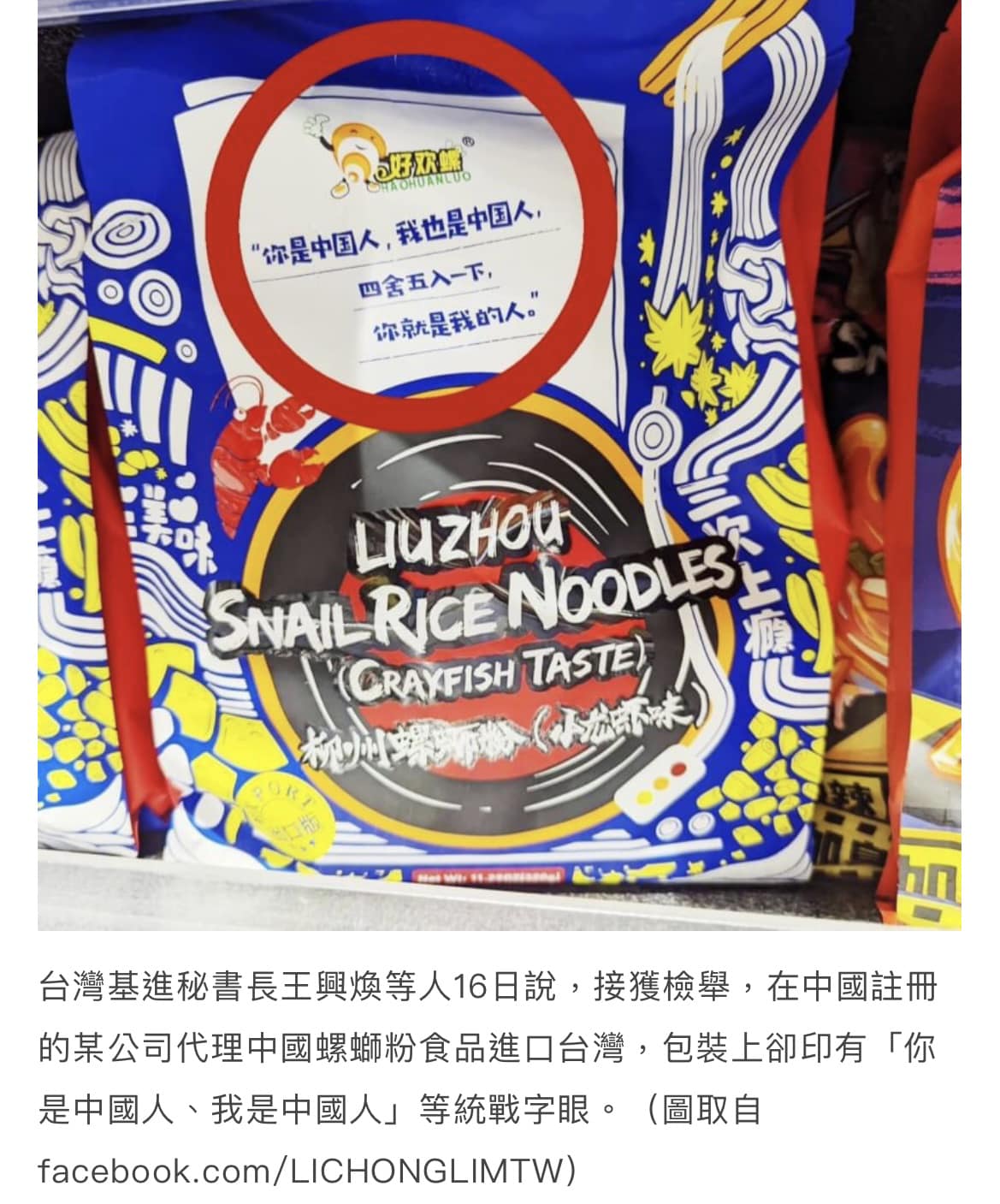On the difficulty of saying what a word is
Sophie MacDonald asks:
I have been an on-and-off reader of Language Log for several years, and have always enjoyed your contributions, though I’m not a linguist. I do work on formal language theory sometimes, but very much within mathematics and computer science, not linguistics.
Recently, a music theorist colleague asked me for help with a question. She is engaging with the body of literature that applies linguistic ideas and methods to the study of music, and she is in particular working with the idea that it is hard to give a definition of a chord or a melodic phrase that actually makes sense within musical practice. She was asking for linguistic sources indicating the difficulty of saying what a word is, which might be useful for the point she is making.
Read the rest of this entry »




